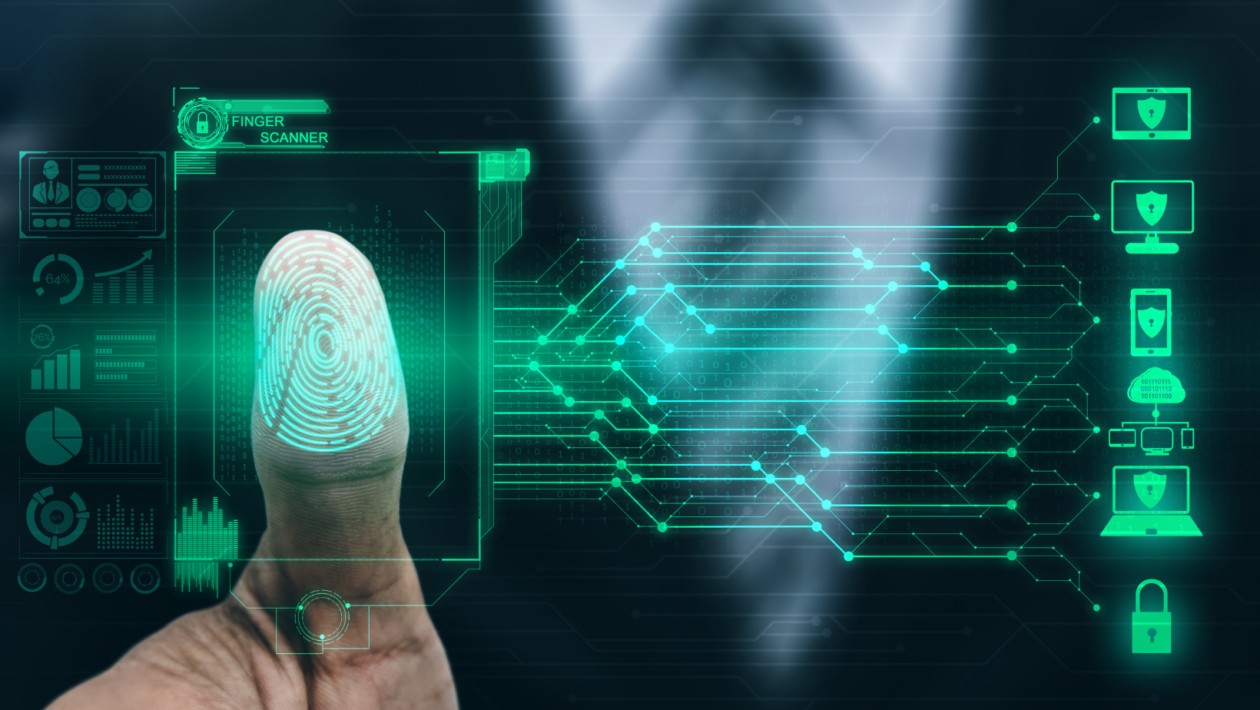Global privacy is at stake. Worldcoin’s blockchain technology allows for the tracking and recording of every transaction made using the currency, creating a transparent ledger accessible to authorized parties, which could be exploited for mass surveillance. While transparency can be beneficial in combating fraud and money laundering, it also poses serious threats to personal privacy.
Earlier this month, Kenya suspended Worldcoin’s activities in the country “until relevant public agencies certify the absence of any risk to the general public whatsoever.” They recently launched a committee tasked with investigating the project. The committee has 42 days to examine Worldcoin and present its findings to the house.
It was only in July that OpenAI CEO Sam Altman unveiled Worldcoin, which requires users to verify their human identity by using a hardware device, known as the “Orb,” that enables iris scanning. The Orbs are accessible in 400 locations around the world. More than 2.2 million people have already completed the registration process, according to Worldcoin’s website. Worldcoin claims that World IDs allow individuals to establish their humanity in an age of artificial intelligence. Participants who scan their iris receive 25 WLD tokens, the project’s native cryptocurrency.
With every transaction linked to a unique identifier, including a retina scan, individual spending habits could become easily traceable. This level of surveillance opens doors for governments or corporations to monitor and control financial activities on an unprecedented scale. Biometric data tied to financial transactions poses potential risks if it falls into the wrong hands or is used for discriminatory purposes.
Centralization in the Worldcoin model also poses a significant threat by undermining personal privacy and placing immense power in the hands of a few entities or governments. If Worldcoin fulfills its aspirations and becomes a global currency, every transaction will likely be easily tracked and monitored by those in control.
Via Worldcoin, governments and corporations can gain unprecedented access to individuals’ financial activities and spending habits. Personal privacy would be compromised as individuals lose their ability to conduct transactions anonymously. Worldcoin’s centralization also raises concerns about data security. If a central authority holds all financial information on Worldcoin users, the risk of data breaches and hacks increases significantly. The potential for unauthorized access or misuse of personal data becomes a pressing issue in such an era.
Proponents of the Worldcoin model argue that this transparency would help combat illicit activities such as money laundering and terrorist financing. Critics, on the other hand, fear that it creates an unprecedented level of surveillance. Governments and corporations could potentially exploit this vast amount of data to monitor and control individual spending habits, leading to privacy infringements and social control. The potential for data breaches or misuse by malicious actors, moreover, introduces additional risks.
As a centralized digital currency, Worldcoin requires users to provide personal information during registration, including their real identities and banking details. This wealth of data becomes vulnerable to exploitation by both malicious actors and governments seeking surveillance opportunities.
The vast amount of personal information collected by Worldcoin is creating a treasure trove for data mining activities. Companies and organizations can leverage this data to gain insights into individuals’ spending habits, preferences and even political affiliations.
Such comprehensive profiling enables targeted advertising, manipulation of consumer behavior, and potentially discriminatory practices. In addition, the centralized nature of Worldcoin allows governments or authoritarian regimes with access to this information to monitor citizens’ financial activities closely.
Worldcoin’s promises and capabilities are the opposite of crypto’s original ethos. When Bitcoin first burst onto the scene in 2009, it promised independence from a financial system that thrived on dependence. Bitcoin allowed us to break away from the chains of centralized finance at a time when government bureaucrats were awarding big banks trillion-dollar bailouts. Worldcoin now wants to re-establish our chains to centralized finance for a paltry sum and the promise of convenience.
Worldcoin is crypto in name only. It represents a turning point for the entire crypto industry. Will we continue our path towards independence or will be beguiled and herded into a detour towards more dependence than ever before?





